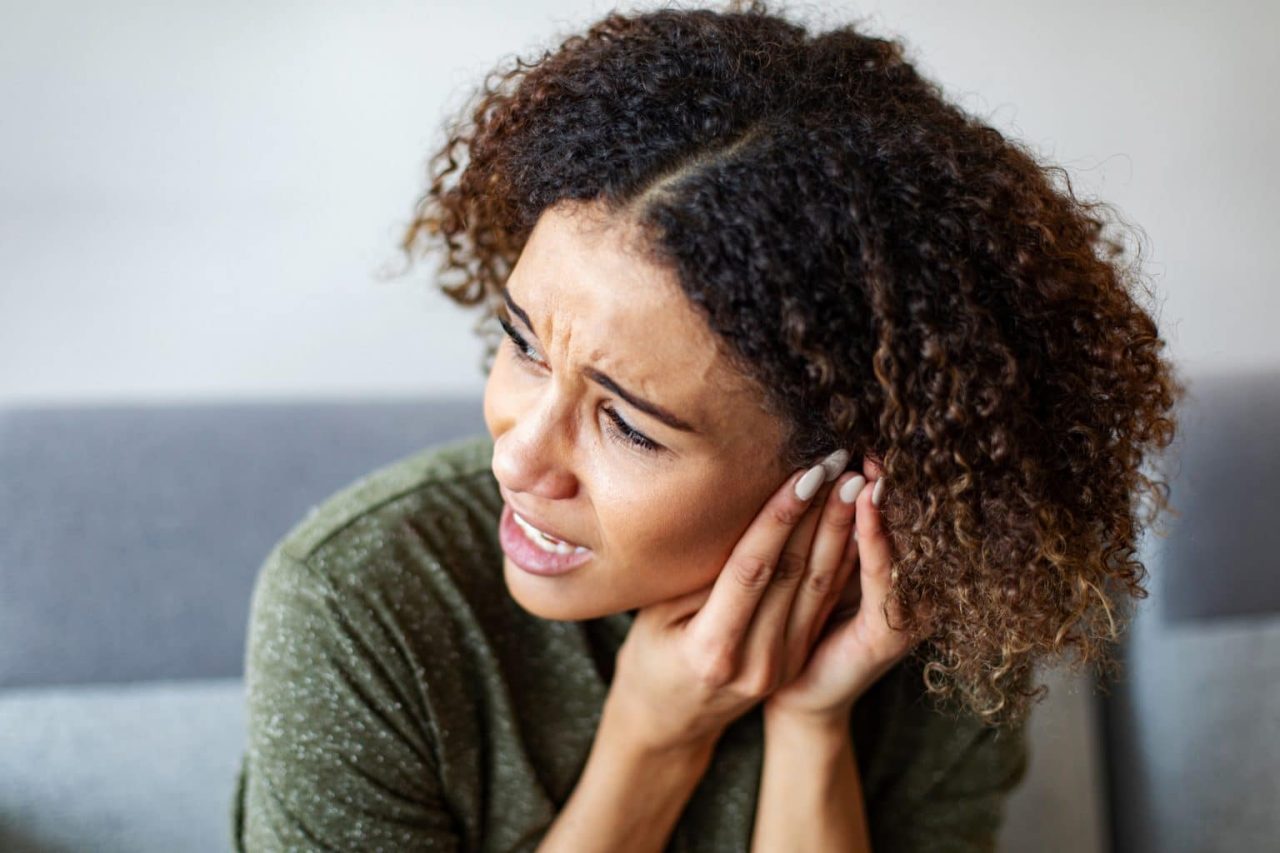There are many possible causes of hearing loss, one of which is damage to the inner ear. Below we review how we hear, how the inner ear can be damaged and what treatments are available for this type of hearing loss.
How We Hear

Soundwaves from your environment are captured by the outer ear and travel down the ear canal, which leads to the eardrum. When the soundwave hits the eardrum, a vibration is created, which passes through three tiny bones within the middle ear called the malleus, incus and stapes. This vibration reaches the fluid-filled cochlea in the inner ear, which causes the fluid to move. This movement activates the tiny hair cells that line the cochlea, called stereocilia, creating an electrical impulse. This electrical impulse travels via the auditory nerve to the brain where it is interpreted as sound.
How the Inner Ear Becomes Damaged
The stereocilia within the inner ear can be damaged in various ways.
Most commonly, they can be damaged when loud sounds pass through the ear, like the sound of a concert at Stegeman Coliseum. Any sound over 85 dB can cause damage to these cells with enough exposure. While sounds at this volume take eight hours of exposure or more to cause damage, sounds at 140 dB can cause instant damage.
Additionally, these hair cells can starve blood flow due to cardiovascular issues or taking ototoxic drugs.
Once these hair cells are damaged, they do not regenerate. The result is permanent sensorineural hearing loss and/or tinnitus (ringing in the ears).
Treatments for Inner Ear Damage
Hearing loss caused by damage to the middle ear is most commonly treated with hearing aids. Hearing aids work by amplifying sounds to a level the damaged ear can detect. Cochlear implants may be recommended in severe to profound cases of sensorineural hearing loss, bypassing the damaged part of the ear and directly stimulating the auditory nerve.
Tinnitus can be treated with hearing aids, tinnitus maskers, white noise machines and counseling.
It’s also important to prevent future damage to the middle ear. Wearing disposable earplugs or earmuffs can help, but ordering custom earplugs from ENT of Athens will offer maximum comfort and protection.
For more information or to schedule an appointment, call ENT of Athens today.